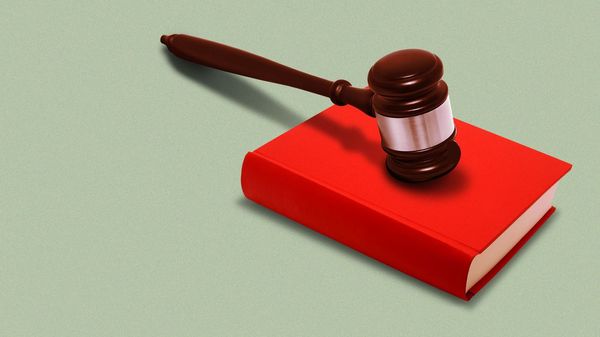
Brooke Shields overhydrated herself into a “full-blown grand mal seizure” in September before the opening of her one-woman show in New York City, the renowned actress told Glamour this week.
The 58-year-old Suddenly Susan star was “drinking so much water” and didn’t realize that her sodium levels were low, she told editor-in-chief Samantha Barry in an article published Wednesday.
“I was waiting for an Uber,” she recalled. “I get down to the bottom of the steps, and I start evidently looking weird, and [the people I was with] were like, ‘Are you okay?’”
She insisted she was fine but soon found herself wandering outside “for no reason at all” before heading into a restaurant.
At that point, everything went black, she said.
“My hands drop to my side and I go head-first into the wall,” she recounted, adding that she was “frothing at the mouth, totally blue, trying to swallow my tongue.”
The next thing she remembers, she was being loaded into an ambulance, wearing oxygen, with “Bradley f****** Cooper sitting next to me, holding my hand.” Her husband, Chris Henchy, couldn’t be reached, but Cooper happened to be nearby and accompanied her to the hospital.
Shields had “flooded” her system with water, she told the magazine, resulting in low sodium levels. Since then, her doctor has advised her to “eat potato chips every day," she added.
Too much water can be fatal
It’s unclear if Shields has an underlying medical condition or is on a medication that predisposes her to low sodium levels, known as hyponatremia. Regardless, water toxicity is a real condition, experts say—one that can prove fatal. This summer a 35-year-old mother from Indiana died of the condition after drinking copious amounts of water—at one point four bottles in less than 30 minutes—after a July 4 weekend of boating that left her severely dehydrated.
"What people should know is that they shouldn't drink an excessive amount of water—more than eight glasses of water in less than an hour," Dr. Hilary Fairbrother, emergency medicine physician with UTHealth Houston in Texas, tells Fortune. "That is a lot of water. That is someone who is chugging water. Our bodies are just not designed for that volume of water to be ingested that quickly."
Here’s what else you need to know about the condition.
What is water toxicity?
The old adage that our bodies are made of water is true, Fairbrother says. But there's more to it. Our bodies are made of salt water. While some people are quick to replenish with water when exercising or dehydrated, they forget that water "is really just hydrogen and oxygen," without any salt.
"Because of this, if we ingest a very large amount of fresh water, it can acutely change the amount of salt in our blood," she adds—a change that can cause people to get sick. In an extreme case, it could cause a seizure like the one Shields experienced.
But the condition is "really rare," Fairbrother says. It occasionally happens in athletes like marathon runners who don't replenish with electrolyte drinks, or in elderly people who don't eat and drink much and develop the condition over time. It also occurs in a mental illness known as psychogenic polydipsia, which results in water intoxication from compulsive water drinking.
Whatever Shields' reason, "she drank a vast quantity of water very quickly, and no one should do that—it's not healthy," Fairbrother says. Further, eating potato chips is not common medical advice, she says. Fairbrother is not able to diagnose the celebrity.
What are symptoms of water toxicity?
Symptoms, according to the National Institutes of Health, may be vague but resemble psychosis and include:
- altered mental status
- disorientation
- confusion
- nausea
- vomiting
- seizure
If left untreated, the condition can lead to death.
How much water should you drink per day?
While the gold standard for many years has been the 8×8 rule, or eight glasses of eight ounces of water per day, the National Academy of Medicine suggests adequate fluid intake is about 125 ounces for men and about 91 ounces for women.
This includes total fluids from fruits and vegetables, water, and other beverages besides water, such as herbal tea, milk, milk alternatives, and smoothies. Sugary drinks and soda should be avoided, however.
What can I do to prevent water toxicity?
Most people in the Western world don't need to worry about the condition, Fairbrother says, as there is "more than enough salt in the food we eat."
The typical American needn't change a thing to prevent water toxicity, Fairbrother reassures.
Additional reporting by L'Oreal Thompson Payton.







